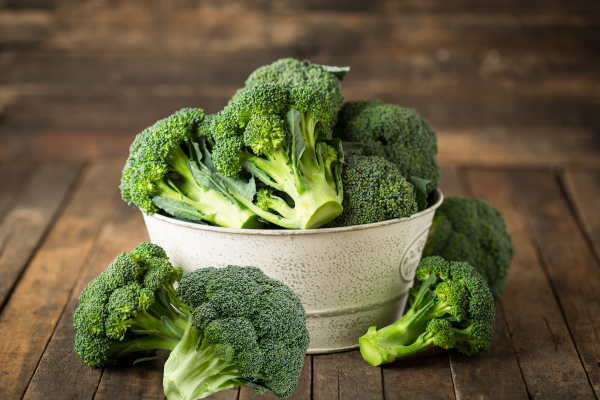Broccoli and Cancer Prevention: How Cruciferous Compounds Support Cellular Health
Source : Science Acumen LinkedIn
Broccoli, a cruciferous vegetable, contains bioactive compounds linked to reduced cancer risk when consumed three to five times per week. Its key components include glucosinolates, which break down into isothiocyanates like sulforaphane, known for their anti-cancer properties.
These compounds help neutralize carcinogens, reduce inflammation, and promote apoptosis (programmed cell death) in cancer cells, potentially lowering the risk of cancers such as breast, prostate, and colon. Sulforaphane enhances detoxification by boosting phase II enzymes, which eliminate harmful substances before they damage DNA. It also inhibits tumor growth by disrupting cancer cell proliferation and metastasis.
For breast cancer, studies suggest isothiocyanates may reduce estrogen-driven cell growth. In prostate cancer, sulforaphane targets pathways that slow tumor development, as shown in preclinical trials.
For colon cancer, these compounds protect intestinal cells by reducing oxidative stress and inflammation, key drivers of colorectal malignancies. Broccoli’s fiber content supports gut health, further reducing colon cancer risk by promoting regular bowel movements and fostering a healthy microbiome.
Vitamins C, K, and folate, along with antioxidants like kaempferol, also contribute to cellular protection. Consuming broccoli three to five times weekly—roughly 1–2 cups per serving—maximizes these benefits without excessive intake. Cooking methods matter; steaming preserves glucosinolates better than boiling.
While promising, these effects are best realized within a balanced diet, as no single food guarantees cancer prevention. Ongoing research continues to clarify optimal intake and mechanisms. Always consult healthcare professionals for personalized dietary advice.
























